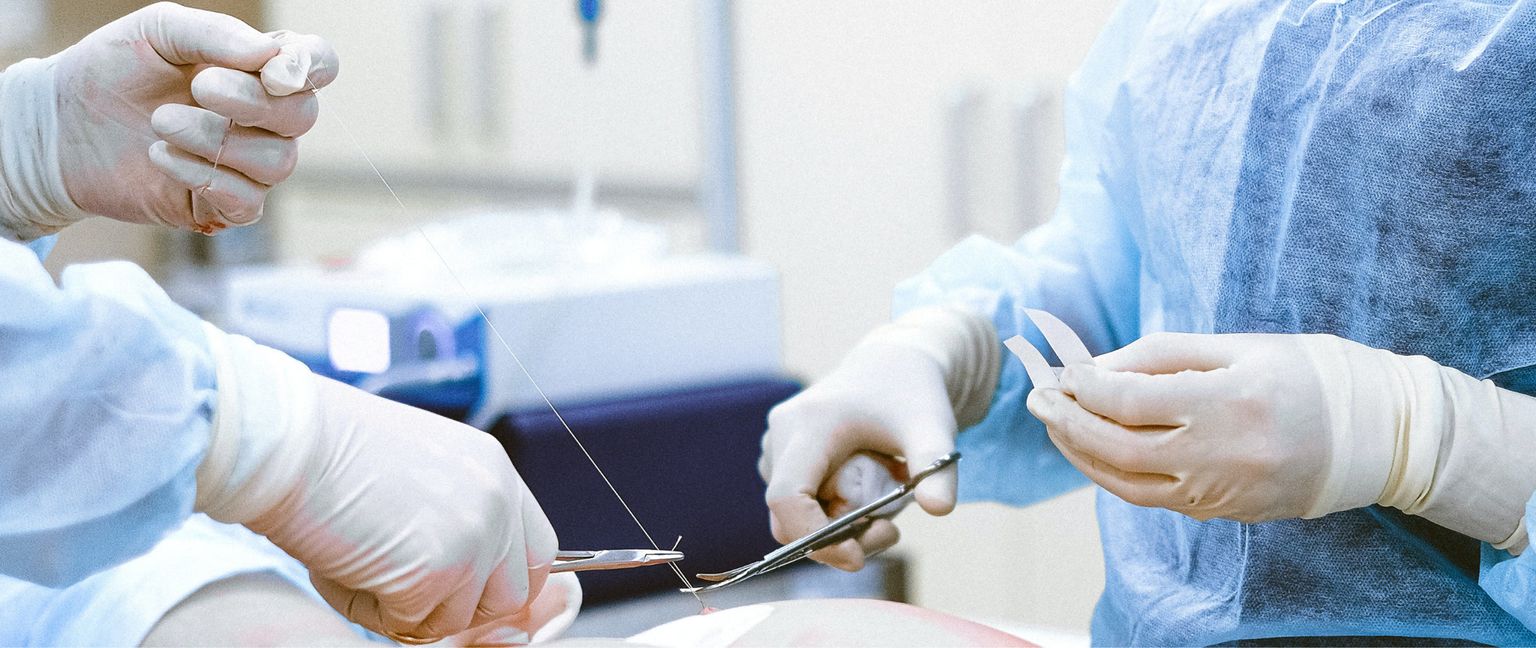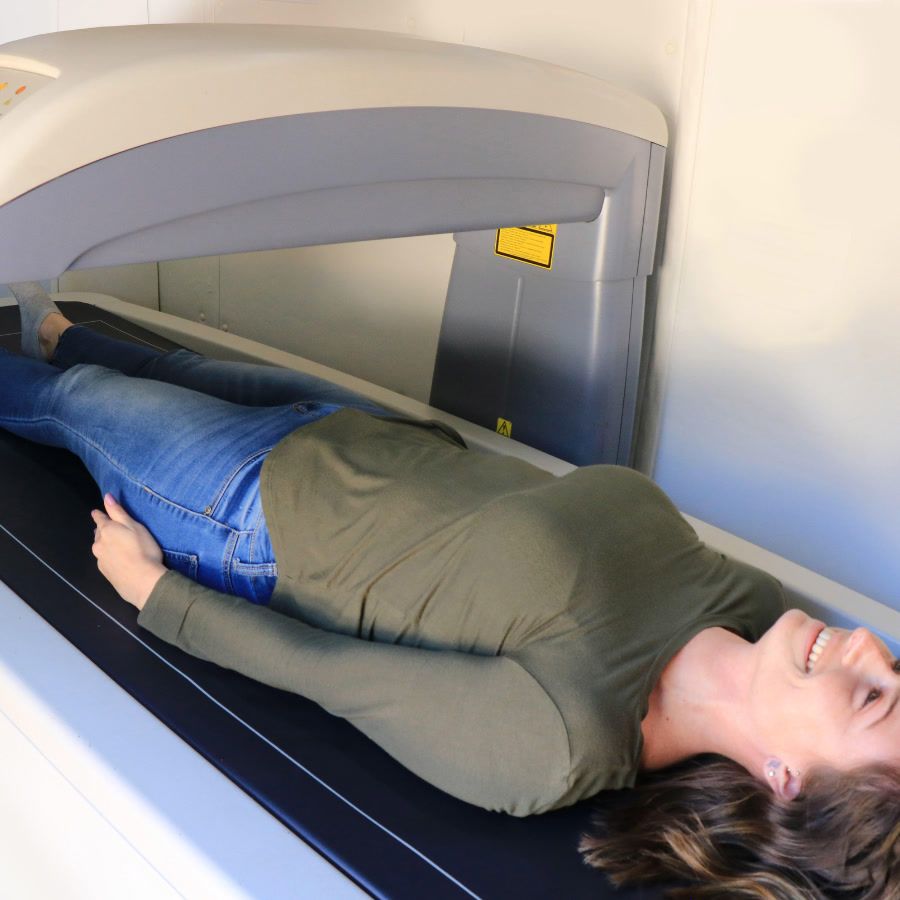Visceral Fat Surgery

Although it might be tempting to think that surgery could provide a quick fix for the dangerous visceral fat that lurks deep within our abdominal cavity, the reality is far more complex. In this section, we will explore the concept of visceral fat surgery and discuss why it isn't a viable option for addressing this health concern.
Get weekly updates.
Why isn't Visceral Fat Surgery Possible?
Visceral fat surgery is not a feasible solution for several reasons. The nature of visceral fat, its location, and the potential complications of surgical intervention make it an unsuitable target for surgical removal.
- Location: Visceral fat is located deep within the abdominal cavity, surrounding vital organs like the liver, pancreas, and intestines. This makes it challenging to access surgically without causing damage to these organs.
- Inherent risks: Any surgery carries inherent risks, such as infection, bleeding, and complications from anesthesia. Given the delicate nature of the organs surrounded by visceral fat, these risks are significantly heightened.
- Lack of long-term effectiveness: Surgical removal of visceral fat doesn't address the root causes of its accumulation, such as poor diet and lack of exercise. As a result, visceral fat can quickly return if lifestyle changes are not made.
- Alternatives: There are safer and more effective alternatives to visceral fat surgery, including diet and exercise, which can reduce visceral fat levels and improve overall health without the need for invasive procedures.
If Visceral Fat Surgery Isn't Possible, How Do I Get Rid of It?
The most effective way to reduce visceral fat is through a combination of diet, exercise, and lifestyle changes. This approach not only targets visceral fat but also promotes overall health and well-being. The following paragraphs will outline strategies to help you get rid of visceral fat.
To combat visceral fat, it's essential to adopt a well-rounded approach that focuses on healthy eating, regular exercise, and stress reduction. Incorporating nutrient-dense foods into your diet, engaging in a variety of physical activities, and managing stress through practices like meditation can have a significant impact on visceral fat levels.
Start by examining your diet and making adjustments to ensure you're consuming whole, nutrient-dense foods. Focus on lean proteins, whole grains, fruits, vegetables, and healthy fats, while avoiding processed foods, refined carbohydrates, and added sugars. Implement portion control and practice mindful eating to avoid overeating and maintain a healthy balance.
Physical activity is another crucial component of visceral fat reduction. Aim for at least 150 minutes of moderate-intensity aerobic exercise or 75 minutes of vigorous-intensity aerobic exercise per week. Combine this with strength training exercises targeting all major muscle groups, performed at least two days per week. Incorporate activities that engage your core muscles, as these can help improve posture and provide additional support to your abdominal organs.
Managing stress is an often-overlooked aspect of reducing visceral fat. High-stress levels can lead to increased cortisol production, which has been linked to visceral fat accumulation. Explore stress reduction techniques such as meditation, yoga, deep breathing exercises, or engaging in hobbies that bring you joy and relaxation.
Some practical steps to reduce visceral fat include:
- Adopt a balanced diet: Focus on consuming whole, nutrient-dense foods that are rich in fiber, protein, and healthy fats. Avoid processed foods, refined carbohydrates, and added sugars.
- Control portion sizes: Practice portion control to prevent overeating and maintain a healthy balance of macronutrients.
- Exercise regularly: Engage in a combination of aerobic and strength training exercises, targeting all major muscle groups and incorporating core-strengthening activities.
- Manage stress: Utilize stress-reduction techniques such as meditation, yoga, deep breathing exercises, or engaging in hobbies that bring you joy and relaxation.
- Prioritize sleep: Aim for 7-9 hours of quality sleep per night, as poor sleep can contribute to weight gain and increased visceral fat.
- Limit alcohol consumption: Excessive alcohol intake has been linked to increased visceral fat. Limit your alcohol consumption to moderate levels, which is generally considered one drink per day for women and two drinks per day for men.
- Quit smoking: Smoking has been associated with increased visceral fat accumulation. Quitting smoking can improve overall health and reduce the risk of visceral fat-related health issues.
- Monitor progress: Regularly track your progress, using tools like body composition assessments and waist circumference measurements, to stay motivated and make adjustments as needed.
Do BodySpec Scans Show You Your Visceral Fat?
Yes, BodySpec's DEXA scans provide an accurate assessment of your visceral fat. By offering a comprehensive analysis of your body composition, these scans can give you valuable insights into your overall health and the potential risks associated with visceral fat accumulation.
BodySpec DEXA scans can help you:
- Obtain an accurate measurement of your visceral fat, providing a reliable baseline for monitoring changes over time.
- Understand the potential health risks associated with your current visceral fat levels.
- Make informed decisions regarding diet, exercise, and lifestyle changes to reduce visceral fat and improve overall health.
By utilizing the information provided by BodySpec's DEXA scans, you can create a targeted plan for exercise and diet that specifically addresses your visceral fat levels. This personalized approach increases the likelihood of success in reducing visceral fat and improving your overall health and well-being.
Citations
Lassailly, G., Caiazzo, R., Buob, D., Pigeyre, M., Verkindt, H., Labreuche, J., ... & Pattou, F. (2015). Bariatric surgery reduces features of nonalcoholic steatohepatitis in morbidly obese patients. Gastroenterology, 149(2), 379-388. https://www.gastrojournal.org/article/S0016-5085(15)00642-9/fulltext
Klein, S., Fontana, L., Young, V. L., Coggan, A. R., Kilo, C., Patterson, B. W., & Mohammed, B. S. (2004). Absence of an effect of liposuction on insulin action and risk factors for coronary heart disease. The New England Journal of Medicine, 350(25), 2549-2557. https://www.nejm.org/doi/full/10.1056/NEJMoa033179
Thörne, A., Lönnqvist, F., & Apelman, J. (2002). A pilot study of long-term effects of a novel obesity treatment: omentectomy in connection with adjustable gastric banding. International Journal of Obesity, 26(2), 193-199. https://www.nature.com/articles/0801857
Johns, D. J., Hartmann-Boyce, J., Jebb, S. A., Aveyard, P., & Behavioural Weight Management Review Group. (2014). Diet or exercise interventions vs combined behavioral weight management programs: a systematic review and meta-analysis of direct comparisons. Journal of the Academy of Nutrition and Dietetics, 114(10), 1557-1568. https://jandonline.org/article/S2212-2672(14)00747-5/fulltext
Després, J. P., & Lemieux, I. (2006). Abdominal obesity and metabolic syndrome. Nature, 444(7121), 881-887. https://www.nature.com/articles/nature05488


